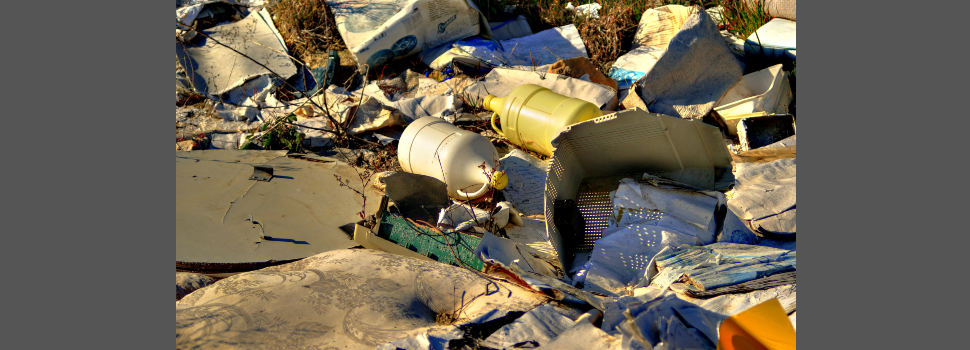It was a sure bet that the Republican majorities in both houses of the General Assembly, working in tandem with a new Republican governor, would seek this year to cut taxes and reduce government spending. After all, that’s what they campaigned on.
Those misguided efforts would shift tax burdens toward citizens who earn less money. They threaten to shortchange needed investments in education and health care. But disputes as to how to fashion a new tax code have proved tough to resolve as legislative leaders press toward adjournment.
Which brings us to another theme popular among conservatives – the loosening of environmental rules. If three notable bills along those lines become caught up in an end-of-session logjam, that will be a welcome dose of good news.
Last year’s session resulted in narrow approval of hydraulic fracturing, or fracking — the environmentally risky method of extracting underground natural gas by blasting gas-bearing rocks with high-pressure fluids. But the law enacted then wasn’t friendly enough for fracking supporters in the Senate. Back in February, they pushed through Senate Bill 76, which would have the effect of short-circuiting the regulatory process agreed to in 2012.
Fortunately, the bill ran into opposition in the House, which restored some of the protections that senators had targeted. The revised bill cleared the House in early June. When the Senate failed to accept the changes, a conference committee was appointed.
Last year’s approval of fracking came despite credible warnings about threats to water quality – a particular concern in North Carolina, where shale-bearing rocks are close to water tables and drinking water supplies.
Given large amounts of natural gas already on the market and the relatively modest estimated size of the state’s gas reserves, it would have been better to take a pass, at least for now. But there’s surely no good reason to run even greater risks by rushing to clear the way for fracking without carefully crafted oversight. The best outcome here, from the standpoint of good environmental stewardship, would be for House negotiators to stand firm and let S.B. 76 wither on the vine.
Secret sauces?
Another pro-fracking measure is embedded in House Bill 94, courtesy of senators who inserted it. The bill would allow gas drilling companies to withhold information about the chemicals in fracking fluids as trade secrets. Only if a situation arose that state officials concluded was a danger to public health would disclosure be required – but that would be a hard call to make if they didn’t know what chemicals they were dealing with.
H.B. 94 was approved by the House in May. Senators expanded it with several further changes to environmental laws, including the fracking fluids/trade secrets provision. The bill was scheduled for Senate floor action on July 2.This is another case where the House would do well to stand by its version.
Looser toward landfills
The Senate also is backsliding with a bill that would make North Carolina more attractive to operators of large landfills that could become magnets for out-of-state trash.
This was a battle fought in North Carolina a few years back. It resulted in a law meant to keep any so-called mega-dumps a reasonable distance away from environmentally sensitive areas such as wildlife refuges, parks and wetlands. The law sidetracked plans to build a large dump near the Great Dismal Swamp National Wildlife Refuge in Camden County, just south of the Virginia line.
Senate Bill 328, approved on June 24, would relax the standards for landfills, narrowing buffers and setbacks. It could put the Camden County project back on track.
The U.S. Fish and Wildlife Service noted in a letter to state environmental officials that the restrictions in current law dovetail with scientific findings about large landfills’ pollution threats. But the Department of Environment and Natural Resources has endorsed the bill, confident it can keep landfills operating safely even under relaxed rules. Perhaps House members, who now will have their say, could remind the department that pride often goes before the fall.
— Steve Ford, Volunteer Program Associate

